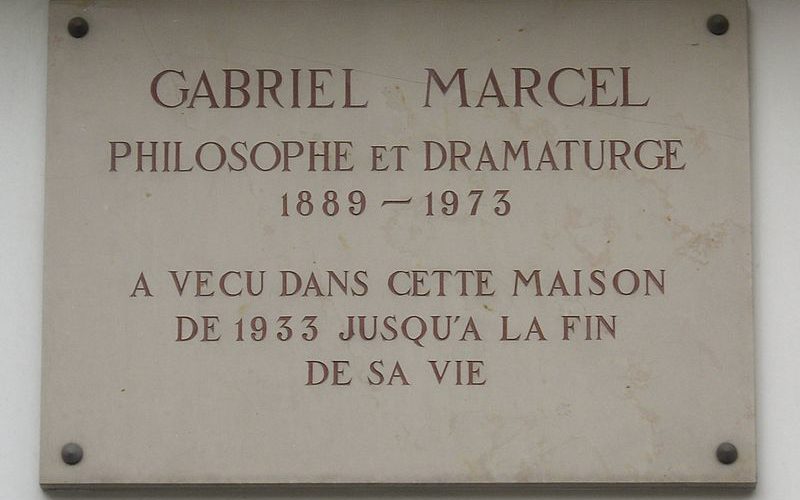Plastic Facts and Retrogression

Going back through a few books in order to come up with an idea for a conference paper I have to give, I stumbled across this passage and it struck me:
…we shall notice that among these universal values there are two which stand out above the rest. They are the value of truth and that of justice. Equally, I dare to claim that any ‘religion’ which tends to obliterate them, even momentarily, proves by that very fact that it is tending to be degraded into idolatry. I scarcely need to insist upon the terribly concrete corollaries following from these propositions, which bear the stamp of such harmless generalities. It is clear in particular, that every concession made either to racialism or to the Nietzschean or pseudo-Nietzschean ideology which grants the masters the supreme right of treating facts like a plastic substance, easy to manipulate to suit their will, it is clear, I repeat, that every step taken in such a direction would be in no way a transcendence but a retrogression. We cannot be severe enough towards those who at the present time have thus confused men’s minds.
This passage comes from: Gabriel Marcel, Homo Viator: Introduction to a Metaphysic of Hope, ‘The Ego and Its Relationship to Others’, written in France, in November of 1941, and delivered in a lecture just over a year later. Being mindful of that context, these words are particularly poignant.
In the current context these words ring out their prophetic warning. Many philosophers have noted that the survival of a polis is staked upon truth and justice. What is the condition, right now, of these precious ideas? Discussions of truth and justice have always been difficult, but it is important to have them. Truth and justice can seem like elusive ideals for intellectuals, or perhaps they are explosive and many prefer they remain ‘harmless generalities’, but when the sense of what they mean is so lacking, people suffer and die as a direct result. This is a concrete reality.
Media spectacle easily distracts from concrete realities. Marcel warns of when facts are treated like ‘a plastic substance, easy to manipulate’, and we immediately think: ‘fake news’. The headlines and gaffs are ridiculous, and perhaps the closest many come to a discussion of truth is sharing a laugh over the latest absurdity to slide forth from the presidential pucker. Humour can be a wonderful tool. ‘Fake news’, though, should be thought of as the brand name for the anesthetic used to carry out an assault on truth and justice, and I am quite serious. Treating anything important like it is your plaything requires significant degrees of egomaniacism. However, Marcel notes that treating facts like plastic in order to manipulate the masses requires someone who thinks of himself as a ‘master’ with a ‘supreme right’ to do so. Consider the audacity and psychopathy required to carry out such regular assaults on truth and justice on such a massive scale.
One might see an oaf and not a godlike master, but consider Sheldon Wolin’s notion of ‘inverted totalitarianism’. Over here the show; over there money and power continue to flow upward as democracy is systematically renovated into its ironic opposite. Flags and anthems are turned into the idols of civil religion, symbols of unity, while people are distracted, drawn apart, disempowered.
